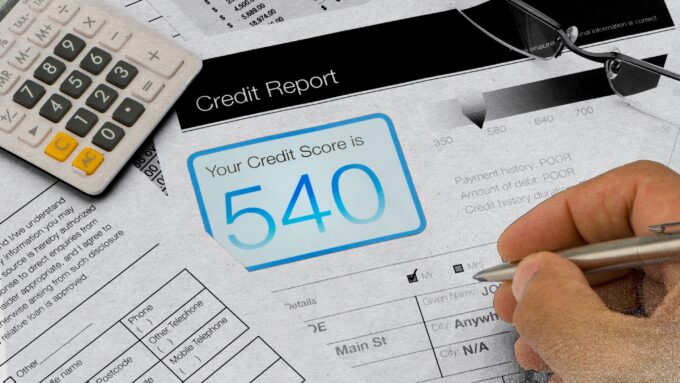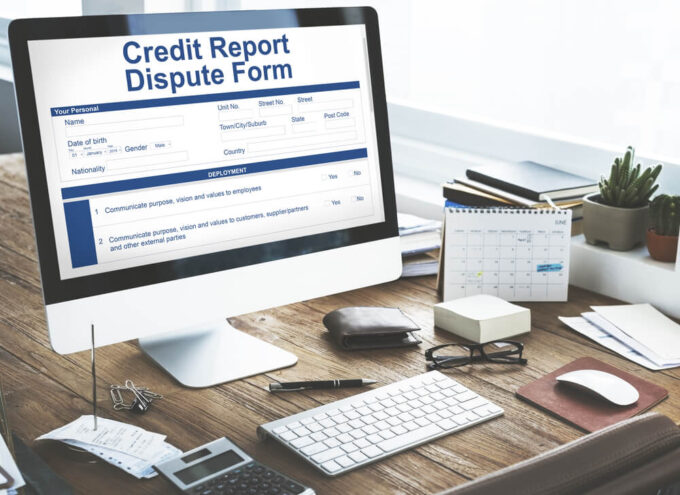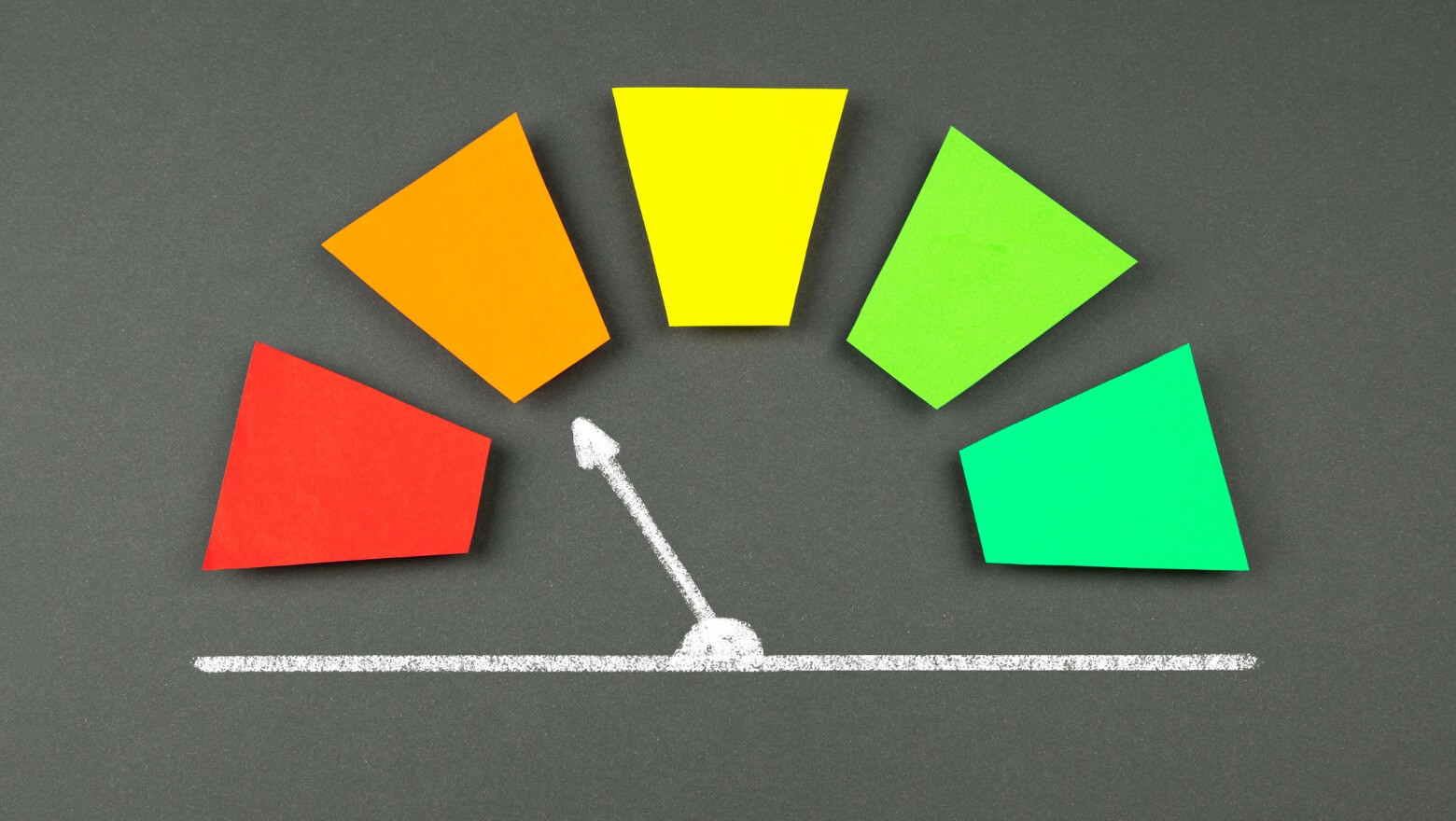Filing a dispute is a good idea if you believe a negative item on your credit report is inaccurate. The act of disputing will not lower your credit score, therefore you’re probably worse off ignoring than initiating the dispute- and if you are successful, your score could improve. Here is what you need to know.
What Does It Mean to Dispute Your Debt?
Disputing debt means you do not agree with or doubt the information on your credit report. An essential part of debt management is knowing how much you owe so that you can plan; however, it is always wise to understand the details of the debt, lest you waste time and money on a debt that is not your own.
If you believe your credit information is inaccurate, you should send a written request to the debt collector. The official request is what we are referring to as a “dispute.” The Consumer Financial Protection Bureau (CFPB) clarifies several provisions of the Fair Debt Collection Practices Act (FDCPA), which could be helpful in understanding how the debt collection rule can be helpful in your situation.
Note that any debt collector claiming payment on a debt must give you crucial information about the debt. You also have an allowance of 30 days to dispute the debt or any part of the debt from when you first receive all the necessary information or if the debtor refuses to give you the required information.
Always remember to keep a copy of written requests and the verification of the debt from the debt collector. Also, the debtor must stop the collection of the debt until they provide the required verification.
How Do I Find out Which Debts I Owe?

Tracking your debt is the best financial practice as it helps you manage your expenses better and keep high-interest debts from spiraling. If you are unsure of how much debt you owe or the details, you can always find out by ordering your credit reports from major credit bureaus.
Alternatively, you could get a free annual copy from AnnualCreditReport.com. The report features a list of open and closed accounts, including credit cards, personal and auto loans, and collections. The report also indicates the last reported balance. However, your latest balance may not reflect as It could take 30 to 60 days for any change to appear on your credit report.
What Happens When You Dispute a Debt?
An FDCPA dispute could be the most powerful tool you have against unscrupulous debt collectors. Upon submission of your written request, the action stops the debt collector from pursuing any debt collection activity until they provide verification as proof of the debt.
However, if you dispute the debt via a phone call, the debt collector has the right to proceed with the collection activities and may not verify the debt; therefore, it is best to assert your right in writing.
If the debt collector does not send you a written notice of the debt, you can still dispute the debt and your right to verification, but this time, the 30-day time limit is invalid.
Can I Dispute a Credit Card Debt?

Yes, you can dispute a credit card debt or part of it if it has errors.
Generally, credit cards allow you to borrow money to buy something immediately, but you are supposed to pay back the same amount with interest after a certain period, usually monthly. Unfortunately, credit card debt is one of the most recurring types of debt, as people use credit cards to buy things they cannot afford. Similarly, billing errors or unauthorized charges are prone to happen.
A credit card debt is typically affordable If you can pay it off within the month without significantly affecting your budget. However, for most people, this is not the case as the debt spills over to the next month, thus earning more interest, and that is how credit card debts become uncontrollable.
Lenders take advantage of these situations to earn from consumers by raising interest rates or charging extra fees, thus threatening your credit history. Freedom debt relief offers credit card debt help to consumers seeking assistance with their credit card spending and debt management.
Before seeking credit card debt, record your spending and ensure you understand all the charges indicated. You have the right to dispute any billing errors or incorrect information by writing to the issuer within 60 days with copies of receipts or other supporting documents.
The issuer should investigate the complaint, acknowledge it in writing, and resolve the dispute within 90 days of receiving it.
Is It a Good Idea to Dispute a Credit Report?

Just as you can dispute your debt, you can also dispute the information on your credit report. Most successful credit report disputes involve incomplete or inaccurate information. If you believe that your report has any of these issues, submitting your complaint is definitely a good idea.
The Fair Credit Reporting Act (FCRA) allows everyone to challenge the outcome or information written on credit reports. It means that the act of disputing itself should not affect your credit score. Having copies of all the necessary supporting documents could help increase your success rate.
Additionally, it is vital to note that the act of disputing your credit report does not affect your credit score. Nevertheless, a negative outcome (the disputed item is verified to be correct) could lower your credit score. If your dispute is rejected, the FCRA gives consumers the right to add a 100- word consumer statement to support your report.
Although the statement gives you a chance to explain your position, it may have little impact on getting you a better credit score as lenders rely on automated underwriting systems to gauge their borrower’s creditworthiness.
Regardless, it is worth a try if you doubt the information on the credit report, as it may help you get rid of a negative statement. If it backfires, you can always find ways of improving your credit score.
Can I Re-Dispute an Item on My Credit Report?

While derogatory items must be deleted from credit reports after seven years, there are exceptions to the rule. Some items, such as bankruptcies, unpaid student loans, or liens, can stay on your record for longer. After the set period, the item should not re-appear on the credit reports, otherwise is considered illegal.
Deleted items can return before the seven years lapse. If you choose to re-dispute, it is vital to remember that the FCRA allows bureaus to ignore repetitive disputes. Therefore, they do not have to honor the request.
Providing new information would be beneficial in making them respond with another dispute form to the furnisher prompting them to conduct another investigation on the item.
The best way of disputing a debt or information on your credit report is via a letter. Experts advise being careful with your wording. Although It may hurt your credit score, you could always consult a financial advisor for a review or advice on increasing the chances of success.
A dispute could save you a lot more from having a negative report for seven years or more, and if it fails, you can always work on improving your credit score. It was already bad in the first place.









